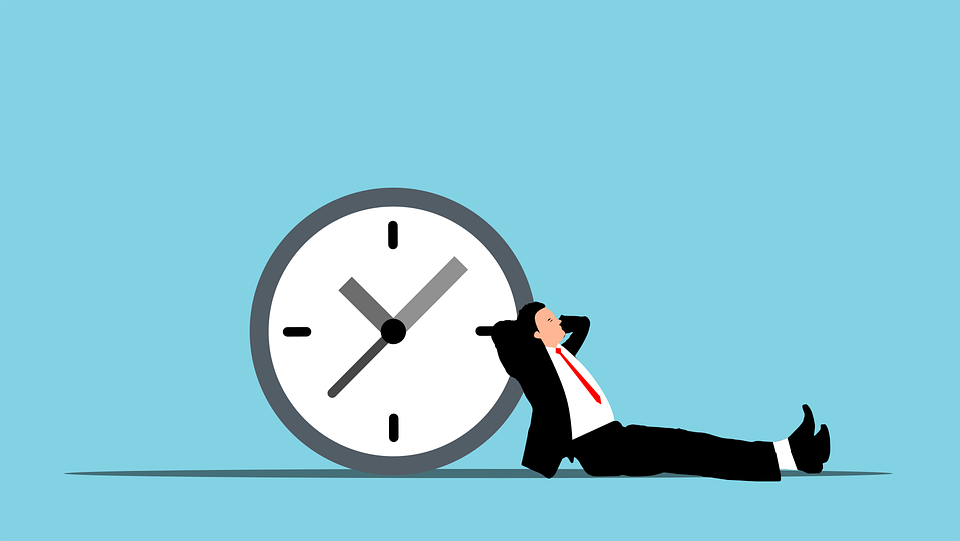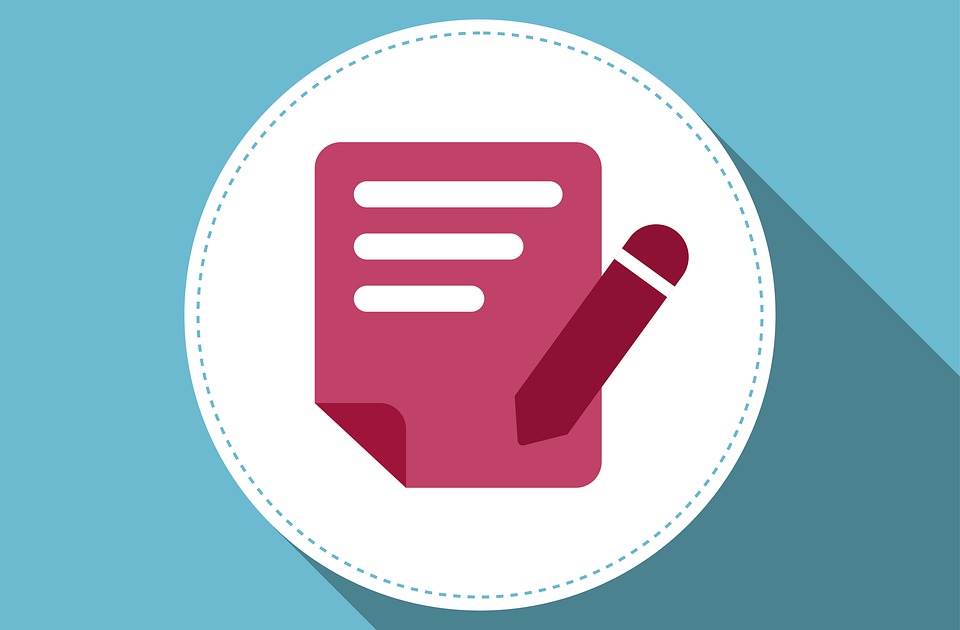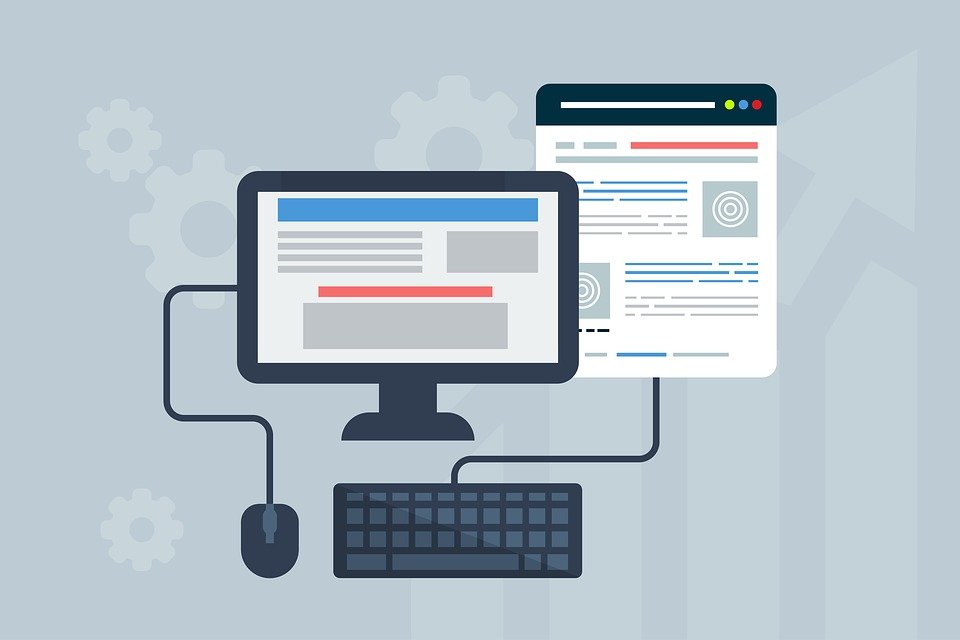Virtual interviews have become a common part of the interview process, more so since lockdown first began. So now more than ever, candidates are expected to be well prepared for virtual interviews – and not just in how you answer the questions, but in how your background looks too!
“Just like an interviewer can judge you for your interview attire, they can judge you for your virtual interview background too.”
Does your background matter in a virtual interview?
We know what you’re thinking; why should my background matter?! Surely it’s about me and not my background?
Well, sadly, appearances matter. Just like an interviewer can judge you for your interview attire, they can judge you for your virtual interview background too. A messy or distracting background can divert the interviewer’s attention away from you. They may also form negative judgments about you depending on your background.
Background tips for virtual interviews
Wall space
When choosing your virtual interview spot, you want to ensure you’re sitting against a wall instead of having an open room behind you. This is to ensure the interviewer’s focus stays on you, and not on exploring your home. Just try to find a neutral wall rather than one with busy wallpaper or loud colours.
Books
It’s okay to have a few books on the bookshelf behind you. This can give the interviewer a positive image of you being intellectual. However, this isn’t a pass to start loading your bookshelf up with as many books as possible. This will only distract the interviewer, so keep books to a minimum.
Clutter
Cluttered backdrops are off putting for interviewers. It subconsciously creates chaos in the mind and can give interviewers the impression that you’re not very organised. Really analyse your backdrop before going live and make sure every visible item is there for a good reason.
Photos
Photos serve as another distraction for your interviewers. If they want to learn about your family tree or your last trip to Ibiza, they’ll ask!
Plants
Plants can be a nice touch for a virtual interview background. They have a calming effect on people, so they can help to create a pleasant ambiance for your interview. But choose wisely – too many plants will inevitably deflect the interviewer’s attention from you. Just one plant will do the trick!
Mirrors
A mirror in your background is a big no no! Not only can they serve as a distraction depending on what’s in the reflection, but they could also cause some serious glare for the interviewers.
Lighting
Good lighting is one of the most essential virtual interview tips. You want to be in a well lit space so the interviewers can see your face clearly. One of the biggest video interview faux-pas is to have your back to a window during the interview. You either need to sit facing a window, or have a light shining on you from behind the camera.
Virtually ready?
Virtual interviews can be a faff to get used to, particularly if you don’t have much experience with them. But with so many employers now adopting video interviews, it’s worth taking the time to perfect your background so you can easily use it time and again. And although the background is important, don’t forget to look at our tips to nail your virtual interview!
Don’t miss our recent post on all the different stages of the interview process!









